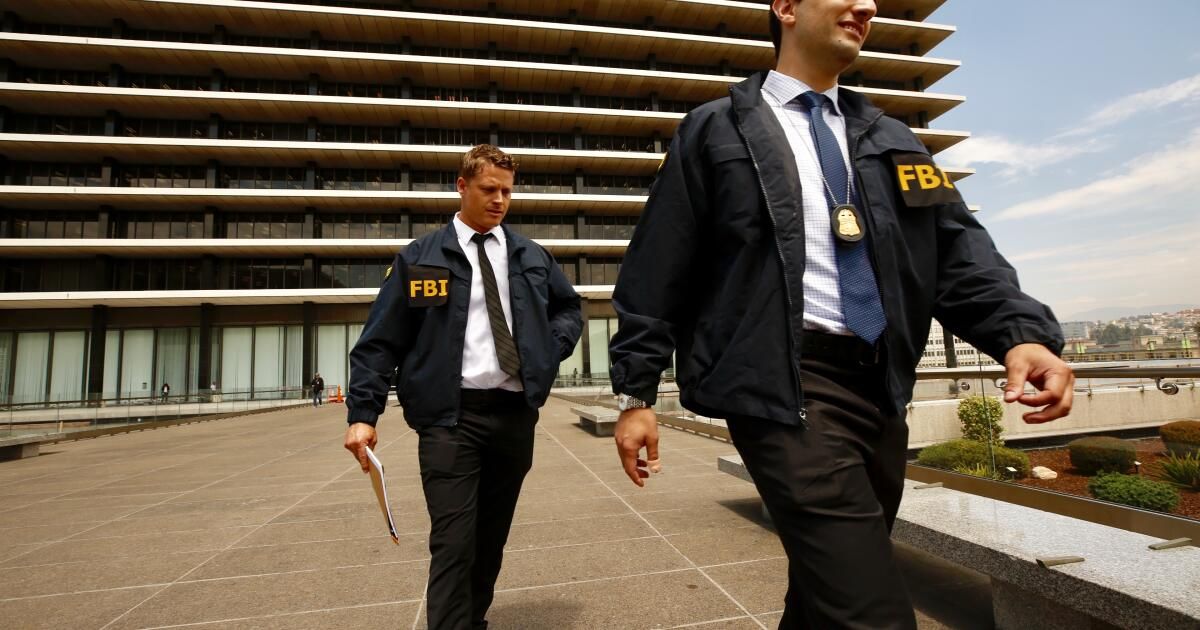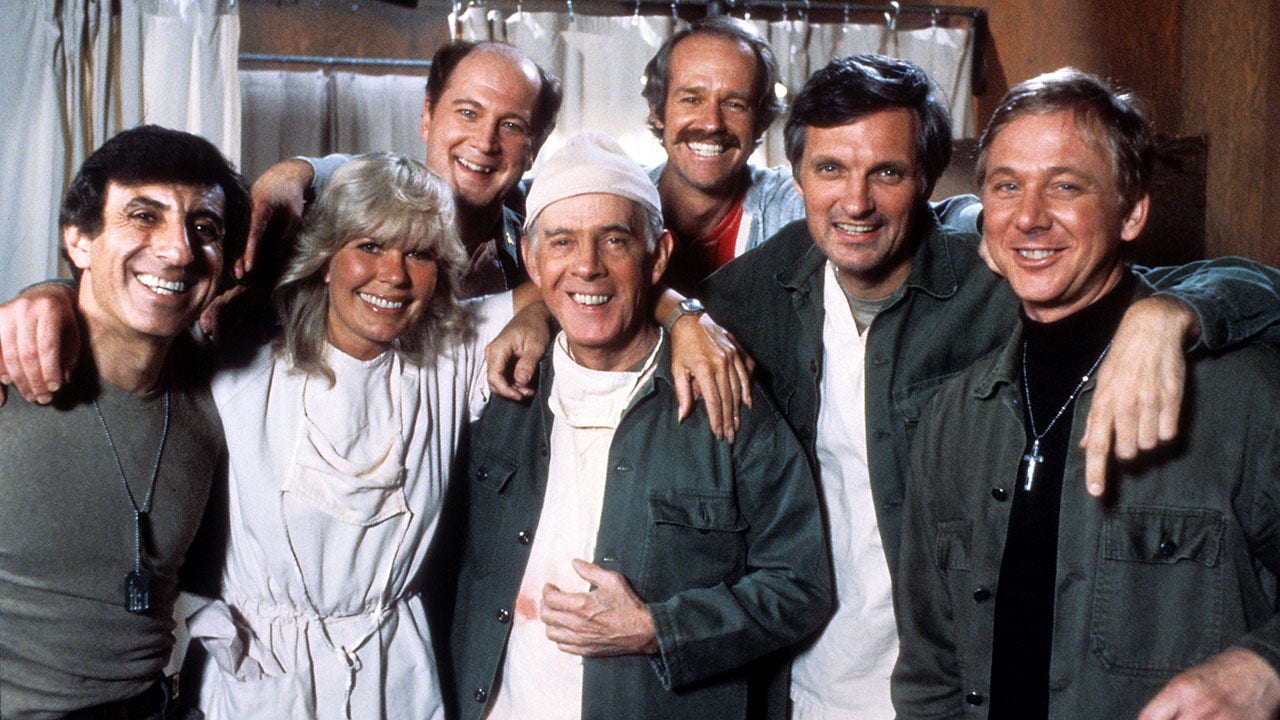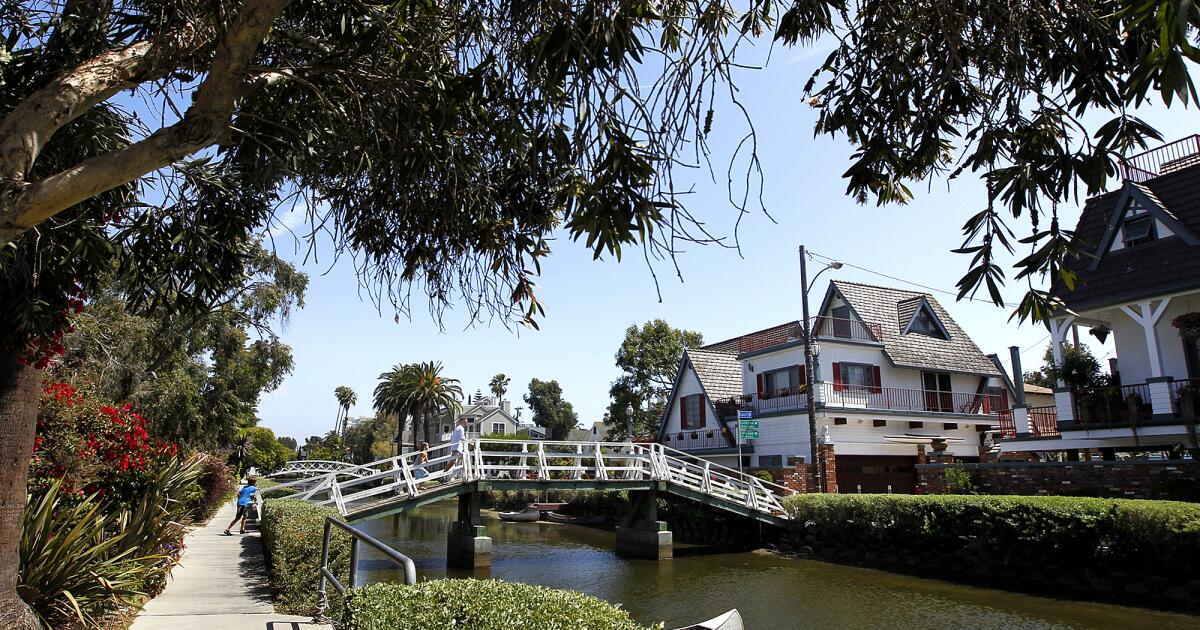The California Bar filed disciplinary charges this week against a Tarzana attorney for his role in an alleged scheme to engineer a bogus multimillion-dollar lawsuit and settlement with the Los Angeles Department of Water and Power.
The State Bar accused Michael Libman of colluding with city lawyers while suing the city on behalf of his client, a disgruntled DWP client named Antwon Jones.
The lawsuit and settlement plan was done in a way that benefited the city, lined Libman's pockets, kept Jones in the dark about what was going on, and ultimately violated the code of ethics that lawyers must abide by. , according to prosecutors from the State Bar Association.
“California lawyers are required by law to act in the best interests of their clients, free from conflicts that might lead them to favor others or themselves over their clients,” the State Bar's top prosecutor said in a statement. , lead trial attorney George Cardona. Thursday announcing the charges.
The disciplinary action is the latest twist in a DWP corruption saga that largely focused on the role of the Los Angeles city attorney's office and how its lawyers responded to litigation over a flawed billing system.
The scandal, called an “incredibly sordid affair” by the federal judge who oversaw the criminal case, resulted in four people, including three top city employees, pleading guilty to various crimes.
“I am disappointed that the State Bar has brought charges against me in this politicized LADWP case pushed by vengeful, corrupt and connected attorneys bent on criticizing me,” Libman told The Times on Thursday. “If I get a fair trial that allows me to present all the evidence, I will be fully vindicated and the true scale of the levels of corruption will be further exposed.”
Libman was not charged by federal prosecutors and was not accused of masterminding the collusion scheme.
But Libman served as counsel for Jones, the lead plaintiff in the California-based “collusion” lawsuit. Jones had received an inflated bill from DWP and sued the city, ultimately resulting in a $67 million settlement for him and other DWP customers. About $19 million was paid in attorney fees, including more than $1.6 million to Libman.
The charges portray Libman as a puppet of the city's attorneys, receiving instructions from his adversary on how to represent his client.
Among the allegations: that Libman put his letterhead and signature on a complaint that city attorneys had prepared; that the city's attorneys ghost-wrote the lawsuit; and that settlement agreements in the case were also prepared by city attorneys.
Jones was under the impression that an independent attorney was representing him and other members of the group. But prosecutors allege that Libman was compromised by “extreme conflict.”
Additionally, the State Bar alleges that Libman came to represent Jones after a member of the Los Angeles City Attorney's Office directed two outside attorneys, Paul Kiesel and Paul Paradis, “to find friendly outside attorneys.” with the city and its objectives” to represent Jones, according to the State Bar.
By orchestrating the lawsuit and the settlement, Jones' lawsuit became a mechanism to tightly and cleanly resolve all claims on terms that were favorable to the city, prosecutors say.
The misrepresentations extended beyond his relationship with his client, and prosecutors accused him of also concealing this collusion from the state judge who ultimately approved the $67 million settlement.
That judge ultimately ordered Libman to return his $1.65 million fee. In December, an appeals court upheld the lower court's ruling, concluding that “the egregious nature of Libman's ethical violations in this case justified the entire forfeiture of the fees he received,” according to an opinion by Judge Carl H. Moor.
In the criminal investigation into the DWP scandal, Paradis pleaded guilty to one count of bribery and in November a federal judge sentenced him to 33 months in prison. Kiesel was never charged.
Libman's case will proceed in the state's bar court, which judges the conduct and ethical issues of attorneys, with possible sanctions including disbarment or temporary suspension from the practice of law.
Times staff writer Dakota Smith contributed to this report.












